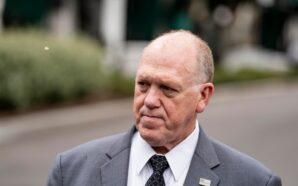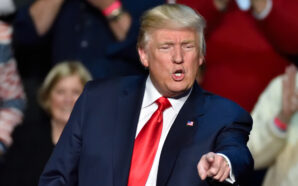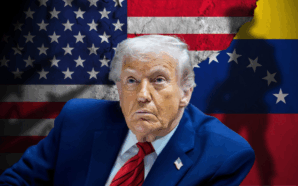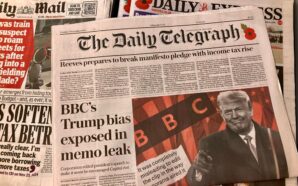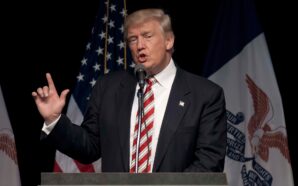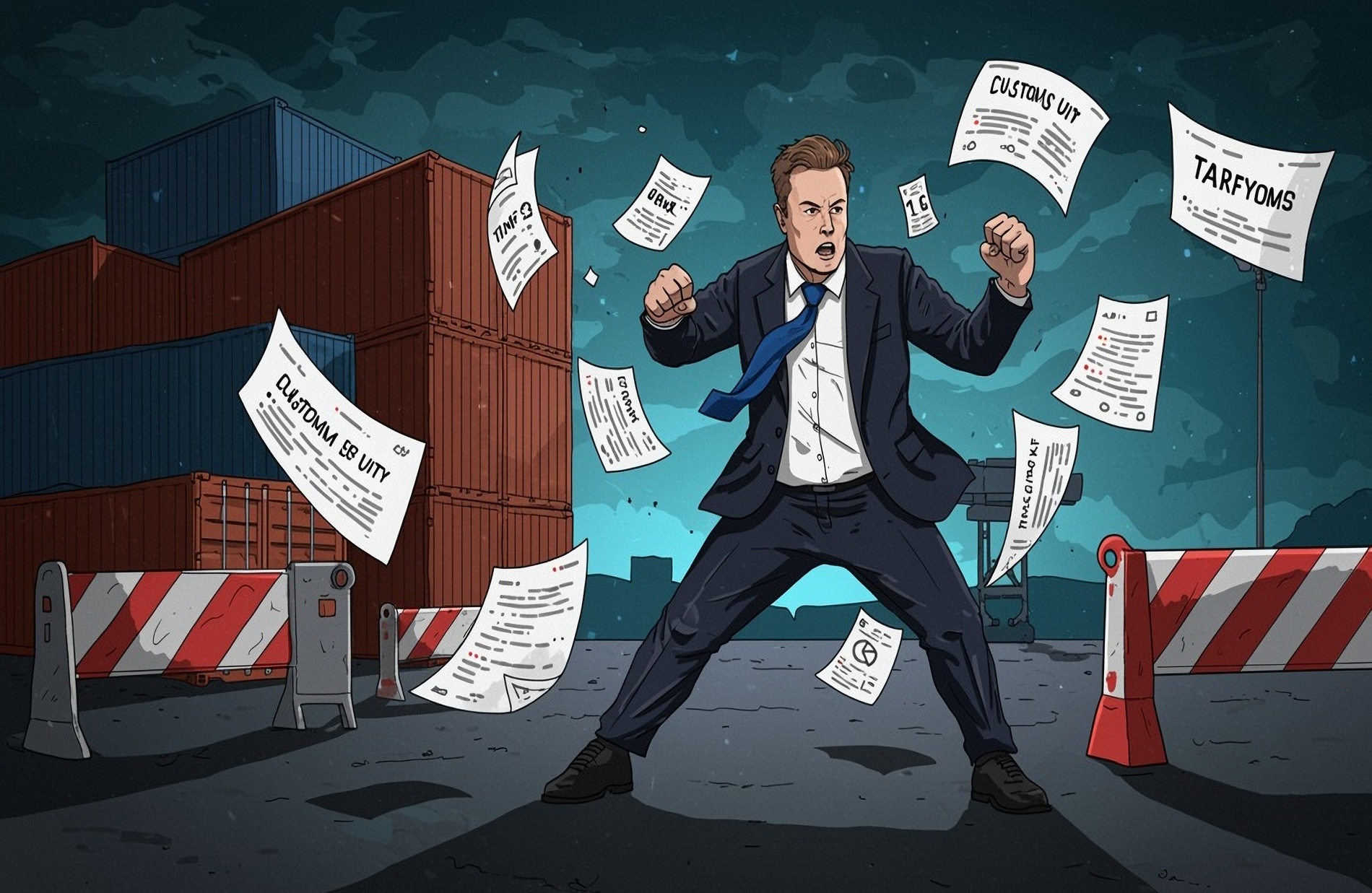
Credit: Shutterstock
Elon’s New Project in Politics
Elon Musk just dropped a bombshell. He announced plans for a new political party called the America Party. This wasn’t a spur-of-the-moment tweet; it came after he slammed President Trump’s massive tax-and-spend bill as a “disgusting abomination.” Musk’s response to what he sees as out-of-control national debt is to run for Congress and Senate seats through this new centrist platform.
This isn’t just symbolic. According to a new poll from Echelon Insights, if the America Party fields candidates, it could seriously hurt Republicans. On a general vote, Republicans lead 48–47 percent without Musk’s party in the race. Add the America Party and the GOP drops to 41 percent, Democrats climb to 45 percent, and the new party grabs around 5 percent.
That 5 percent isn’t small; it could swing tight races and decide control of Congress in the 2026 midterms. Republican senators like Ron Johnson and high-profile figures like Ron DeSantis are already warning Musk that splitting the conservative vote could hand victories to Democrats, especially in key swing states.
Inside Trump’s circle, the reaction is even more heated. Trump labeled Musk’s move “ridiculous” and “off the rails.” Speaker Mike Johnson says Musk’s hand is shaking things up in GOP circles after their recent clash. Meanwhile, Treasury Secretary Scott Bessent publicly urged Musk to focus on Tesla and SpaceX, calling the launch of a third party a “loser” move and saying Musk’s board of directors are probably not thrilled.
So far, Musk hasn’t officially filed party paperwork with the FEC, but he’s polling across social media, hinting that he wants a few House and Senate seats to hold the balance of power. Supporters of the party say it pleases those tired of red vs. blue politics, but turning a social media poll into real candidates, campaigns, and ballots across 50 states is a massive undertaking.
Some experts point out the same things about any third-party push in America. Even billionaire Ross Perot and Mayor Bloomberg couldn’t build long-lasting, viable alternatives. Majority of past efforts faltered due to complicated ballot rules, weak infrastructure, and lack of broad organization. Musk’s money helps, but doesn’t solve the structural hurdles.
That said, this week’s poll shows nearly half of Americans want a real third party, even if most aren’t saying that Musk’s party is the one. His star power and wealth do give his movement more visibility, and Republican instability could give it traction in 2026. The question is whether this ends up being a spoiler that spills red seats or a sign that the two-party system is truly fragging. As this unfolds, we’ll all be watching to see if Musk becomes a true political player or just another disruptor with money and ambition.
-
Credit: Shutterstock In a dramatic reset aimed at cooling tensions, Border Czar Tom Homan has ordered Border Patrol leadership...
-
Credit: Shutterstock What began as a high-profile factory tour quickly turned into a headline-making moment that’s now fueling conversations...
-
Credit: Shutterstock Former President Donald Trump has once again ignited global controversy—this time by reviving his push for U.S....
-
Credit: Shutterstock Political tensions across the Americas surged this weekend after former U.S. President Donald Trump issued stark warnings...
-
Credit: Shutterstock The Department of Justice has reversed course and restored previously removed images from the Jeffrey Epstein document...
-
Credit: Shutterstock JPMorgan Chase CEO Jamie Dimon delivered an unusually direct rebuttal this week after Trump Media & Technology...
-
Credit: Shutterstock As President Donald Trump abruptly turned against Rep. Marjorie Taylor Greene, one of his most vocal supporters,...
-
Credit: Shutterstock In a dramatic twist that’s sent shockwaves through both sides of the Atlantic, U.S. President Donald Trump...
-
Credit: Shutterstock Everything You Need to Know President Donald Trump accused Senate Democrats of “holding the federal government hostage”...
-
Credit: Shutterstock Ruling marks key step in ongoing legal fight over federal authority and state control The Ninth Circuit...
-
Credit: Shutterstock Phil Mickelson isn’t just swinging golf clubs these days — he’s swinging at political rivals too. The...
-
Credit: Shutterstock Peaceful rallies across all 50 states mark one of the largest single-day protest movements in U.S. history...




